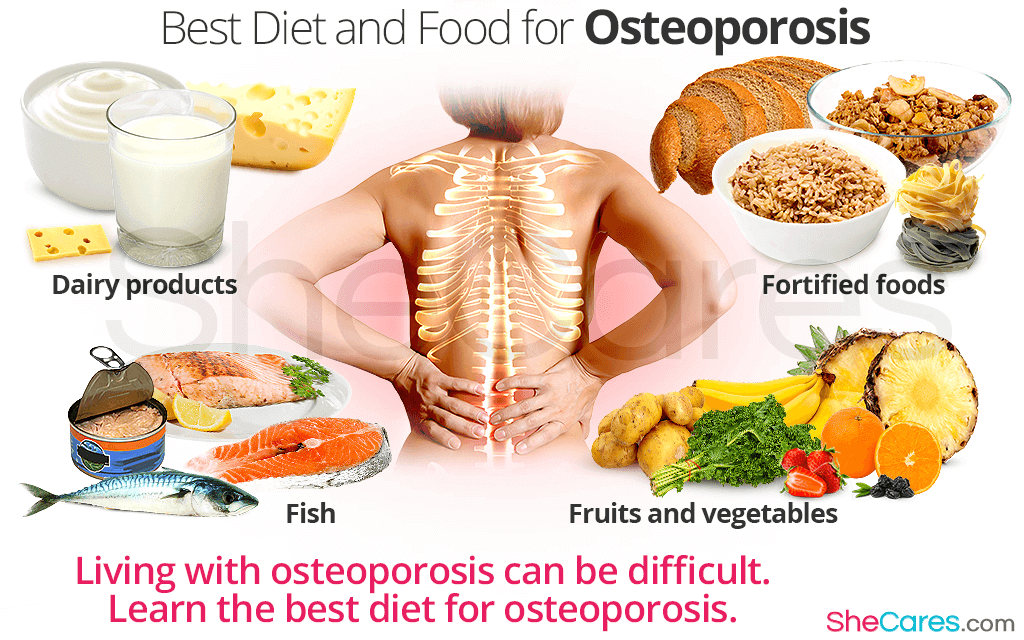Osteoporosis is a remarkably common disease that affects up to 55% of the US population over age 50. For many people, learning how to manage and live with this disease can be difficult. However, there are a few simple diet changes that you can make in order to improve your bone health and reduce your symptoms of osteoporosis. Keep reading to learn about the best diet for osteoporosis.
Dairy Products
Some of the most important foods for osteoporosis are dairy products. These include milk, cheese, and yogurt. All dairy products have significant amounts of calcium, which is one of the most significant nutrients when it comes to building strong and healthy bones. Often, dairy products might also contain vitamin D, another component of bone health. It is generally advised to consume low-fat or non-fat varieties of dairy products.
Fish
A number of different types of fish also contain vitamins and nutrients essential for an osteoporosis diet. The best varieties of fish to eat are canned sardines with bones, salmon, mackerel, and tuna. Each of these species of fish can provide either calcium, vitamin D, or both, making these options some of the best foods for an osteoporosis treatment diet.
Fruits and Vegetables
An important component of any diet is fruits and vegetables, and a diet for osteoporosis patients is no different. Some vegetables can provide even more calcium in your diet, such as leafy greens like kale, collard greens, broccoli, and okra. These vegetables, along with others like potatoes and artichokes, may also provide magnesium and vitamin K.
Fruits are more likely to provide the important component vitamin C, which can be found in oranges, strawberries, pineapples, and grapefruit. Fruits can also be an excellent source of potassium, particularly oranges, bananas, and prunes.
Fortified Food
While it is always a good idea to receive calcium and vitamin D directly from the foods that provide these nutrients naturally, there are also a number of foods that have added calcium and vitamin D to help you reach your daily needs. Many breakfast foods, such as juices and cereals, tend to have added fortifications. Bread and other wheat products also may provide higher than normal levels of calcium and vitamin D.
With these healthy foods for improving bone strength, you can help to manage your osteoporosis and improve your symptoms. For other ways to strengthen bones and minimize osteoporosis symptoms, read about good exercises for osteoporosis.
